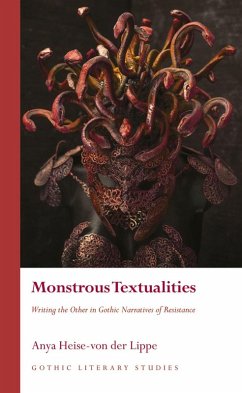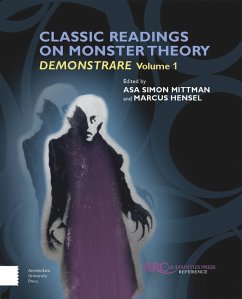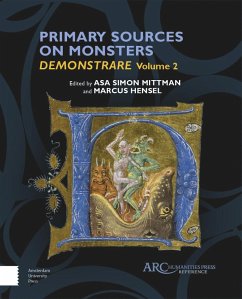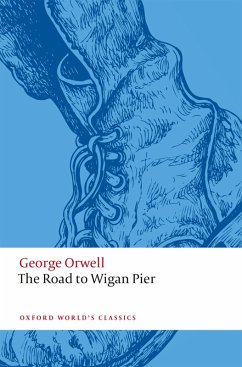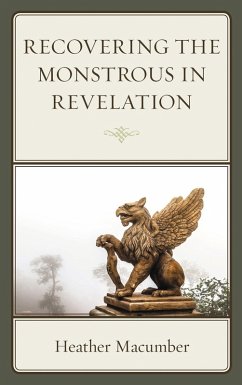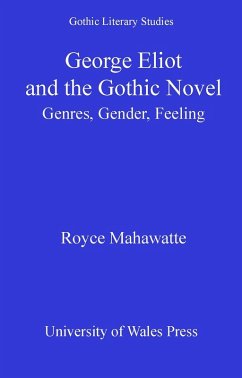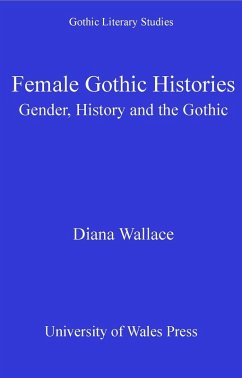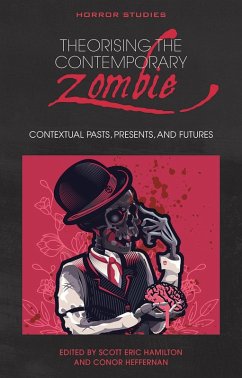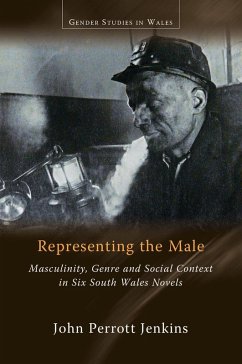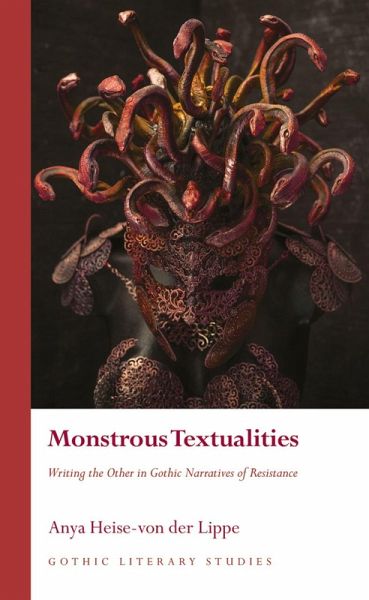
Monstrous Textualities (eBook, PDF)
Writing the Other in Gothic Narratives of Resistance
Versandkostenfrei!
Sofort per Download lieferbar
73,95 €
inkl. MwSt.
Weitere Ausgaben:

PAYBACK Punkte
37 °P sammeln!
Monstrous textuality emerges when Gothic narratives like Frankenstein reflect the monstrous in their narrative structure to create narratives of resistance. It allows writers to meta-narratively reflect their own poetics and textual production, and reclaim authority over their work under circumstances of systemic cultural oppression and Othering. This book traces the representation of other Others through Black feminist hauntology in Toni Morrison's Beloved (1987) and Love (2003); it explores fat freak embodiment as a feminist resistance strategy in Angela Carter's Nights at the Circus (1984) ...
Monstrous textuality emerges when Gothic narratives like Frankenstein reflect the monstrous in their narrative structure to create narratives of resistance. It allows writers to meta-narratively reflect their own poetics and textual production, and reclaim authority over their work under circumstances of systemic cultural oppression and Othering. This book traces the representation of other Others through Black feminist hauntology in Toni Morrison's Beloved (1987) and Love (2003); it explores fat freak embodiment as a feminist resistance strategy in Angela Carter's Nights at the Circus (1984) and Margaret Atwood's Lady Oracle (1976); and it reads Atwood's MaddAddam trilogy (2003-13) and Shelley Jackson's Patchwork Girl (1995) within a framework of critical posthumanist and cyborg theory. The result is a comprehensive argument about how these texts can be read within a framework of critical posthumanist questioning of knowledge production, and of epistemological exploration, beyond the exclusionary humanist paradigm.
Dieser Download kann aus rechtlichen Gründen nur mit Rechnungsadresse in A, D ausgeliefert werden.




